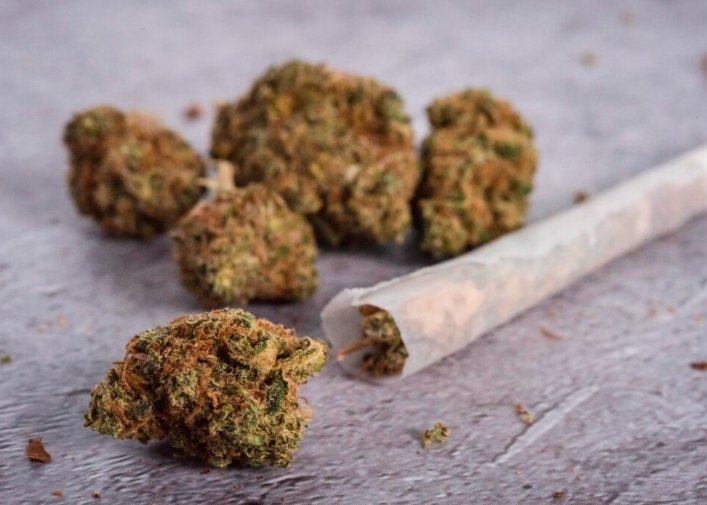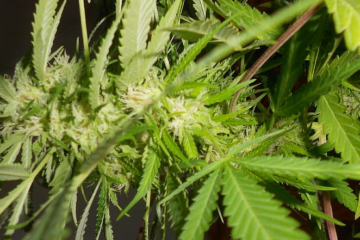Maryland is witnessing a notable rise in cannabis-related emergency department visits since legalizing recreational marijuana for adults in mid-2023. Data released by the Maryland Department of Health shows that the trend, which began before legalization, has continued into 2024, raising concerns among health professionals and policymakers.
Emergency Visits Spike After Legalization
The Maryland Department of Health’s newly launched dashboard reveals that cannabis-related emergency visits now average 816.9 per month in 2024, up from 779.7 monthly in 2023. The increase aligns with the July 2023 legalization of recreational marijuana for adults.
Interestingly, the highest recorded number of cannabis-related ER visits—928—occurred in July 2023, immediately after the law took effect. May 2023, just two months before legalization, recorded 914 visits, marking a steep rise even before the policy change.
The data highlights a sharp upward trend:
| Year | Average Monthly Cannabis-Related ER Visits |
|---|---|
| 2019–2022 | Below 700 |
| 2023 | 779.7 |
| 2024 (to date) | 816.9 |
Officials emphasize the importance of understanding these numbers in context. The data doesn’t specify whether visits involved recreational or medical users, nor does it differentiate between acute intoxication, adverse reactions, or misuse of cannabis products.

What’s Behind the Numbers?
Maryland health experts point to several factors potentially driving the rise in emergency room visits:
- Increased Access: Legalization has made cannabis products more accessible to the public, contributing to higher consumption rates.
- Higher Potency Products: Many products on the market today, such as edibles and concentrates, contain significantly higher THC levels compared to traditional cannabis flower.
- Lack of Awareness: Some users may underestimate the delayed effects of edibles or overconsume due to insufficient education on dosing.
“There’s a learning curve with legalization,” said a representative from the Maryland Department of Health. “We need to focus on public awareness campaigns to educate people about safe consumption practices.”
Youth and Edible Products Among Key Concerns
Public health officials are especially concerned about certain high-risk groups.
- Adolescents: Despite age restrictions, some younger individuals may still gain access to cannabis, whether through improper channels or lack of supervision.
- Edibles: These products, often packaged to resemble candy or snacks, pose a heightened risk for accidental overconsumption or ingestion by children.
The state’s dashboard does not yet offer granular data on specific product types linked to emergency visits. However, anecdotal reports from emergency physicians suggest edibles are a frequent culprit, especially among inexperienced users.
Monitoring Public Health
Maryland’s data dashboard is a pioneering initiative aimed at tracking cannabis’ public health impacts over time. By comparing pre- and post-legalization trends, policymakers hope to identify areas requiring intervention.
Key metrics the dashboard tracks include:
- Emergency department visits and hospitalizations.
- Trends among different demographic groups.
- Regional variations within the state.
The ultimate goal is to guide preventive measures, such as educational campaigns and regulatory adjustments, to ensure the state manages legalization’s unintended consequences effectively.
Looking Ahead
The rising number of cannabis-related ER visits presents a complex challenge. While legalization has brought economic benefits and reduced criminal penalties, the health impacts require careful monitoring.
Policymakers are now considering steps to mitigate risks, such as:
- Mandating clearer labeling and childproof packaging for edibles.
- Increasing public education on dosing and product safety.
- Funding studies to explore cannabis’ long-term health effects.
As Maryland continues to adapt to its new cannabis landscape, the state’s focus remains on balancing accessibility with public safety.




